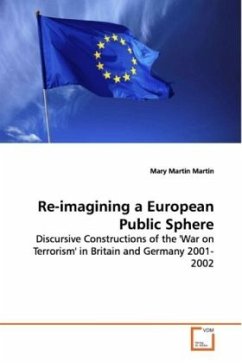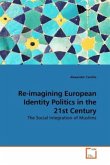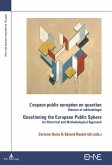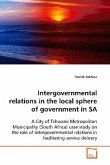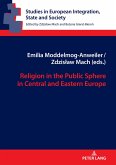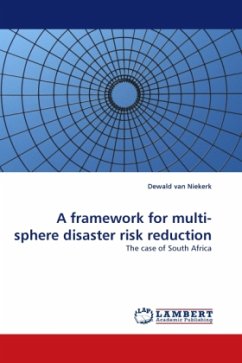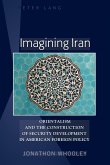This study examines the concept and nature of
public space in the European Union in the domain of
foreign policy. It seeks to establish criteria for
identifying the presence of a common European public
sphere and assess to what extent it is possible to
observe one among EU member states. Adapting ideal
type conceptualisations and using insights from
social theory and discourse analysis, the thesis
focuses on the role and nature of communicative
actors, their discursive relationships and the
structural settings within which their discourses
occur, in order to show whether a convergence of
foreign policy discourses is occurring across
national borders, and whether this convergence
constitutes a locus for foreign policy debate which
challenges the traditional paradigm of the nation
state as the arena for public argumentation. The
proposition it elaborates is that discursive
convergence across national borders is a necessary
but insufficient indicator of a post-national sphere:
an authentic European public sphere requires in
addition institutions, identity narratives and
leadership rhetoric. The work presents three case
studies from the 'War on Terrorism'.
public space in the European Union in the domain of
foreign policy. It seeks to establish criteria for
identifying the presence of a common European public
sphere and assess to what extent it is possible to
observe one among EU member states. Adapting ideal
type conceptualisations and using insights from
social theory and discourse analysis, the thesis
focuses on the role and nature of communicative
actors, their discursive relationships and the
structural settings within which their discourses
occur, in order to show whether a convergence of
foreign policy discourses is occurring across
national borders, and whether this convergence
constitutes a locus for foreign policy debate which
challenges the traditional paradigm of the nation
state as the arena for public argumentation. The
proposition it elaborates is that discursive
convergence across national borders is a necessary
but insufficient indicator of a post-national sphere:
an authentic European public sphere requires in
addition institutions, identity narratives and
leadership rhetoric. The work presents three case
studies from the 'War on Terrorism'.

